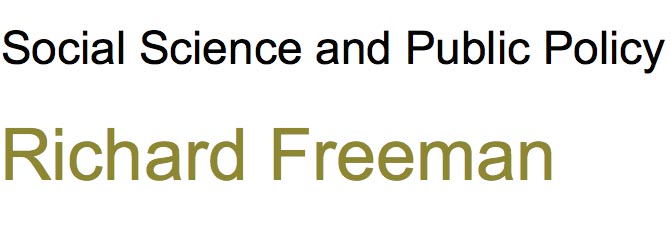 Policy transfer occurs regularly. In essence, a strategy developed elsewhere is taken up and applied in another policy context. Yet what precisely is policy transfer and, more importantly, under what conditions does it occur? This paper describes policy transfer and addresses three main questions, exploring what perspectives of policy transfer might contribute to operational research (OR) efforts. First, what facilitates the transfer of OR results into policy and practice? Second, what facilitates effective lesson-drawing about OR results and processes between and within countries? And third, what would increase the amount of OR being carried out by low- and middle-income countries and used to inform policy and practice at local and global levels? Mexico’s adoption and adaptation of the DOTS strategy is used here as an example of policy transfer. Policy transfer is relevant to all countries, levels and arenas of people, institutions and organisations involved in health. With a more systematic analysis of learning and policy processes, OR policy and practice outcomes could be improved at all levels, from local to global. Policy transfer offers theory and concepts for analysing OR from a new perspective. The present paper proposes a model of the policy transfer process for qualitative research use. Comprehensive policy transfer research, given its length, complexity and need for qualitative researchers, should not be envisaged for all OR projects. All OR projects could, however, incorporate some concepts and practical tools inspired from this model. This should help to plan, evaluate and improve OR processes and the resulting changes in policy and practice.
Policy transfer occurs regularly. In essence, a strategy developed elsewhere is taken up and applied in another policy context. Yet what precisely is policy transfer and, more importantly, under what conditions does it occur? This paper describes policy transfer and addresses three main questions, exploring what perspectives of policy transfer might contribute to operational research (OR) efforts. First, what facilitates the transfer of OR results into policy and practice? Second, what facilitates effective lesson-drawing about OR results and processes between and within countries? And third, what would increase the amount of OR being carried out by low- and middle-income countries and used to inform policy and practice at local and global levels? Mexico’s adoption and adaptation of the DOTS strategy is used here as an example of policy transfer. Policy transfer is relevant to all countries, levels and arenas of people, institutions and organisations involved in health. With a more systematic analysis of learning and policy processes, OR policy and practice outcomes could be improved at all levels, from local to global. Policy transfer offers theory and concepts for analysing OR from a new perspective. The present paper proposes a model of the policy transfer process for qualitative research use. Comprehensive policy transfer research, given its length, complexity and need for qualitative researchers, should not be envisaged for all OR projects. All OR projects could, however, incorporate some concepts and practical tools inspired from this model. This should help to plan, evaluate and improve OR processes and the resulting changes in policy and practice.
Source: International Journal of Tuberculosis and Lung Disease 15 (9) 1140-1148
